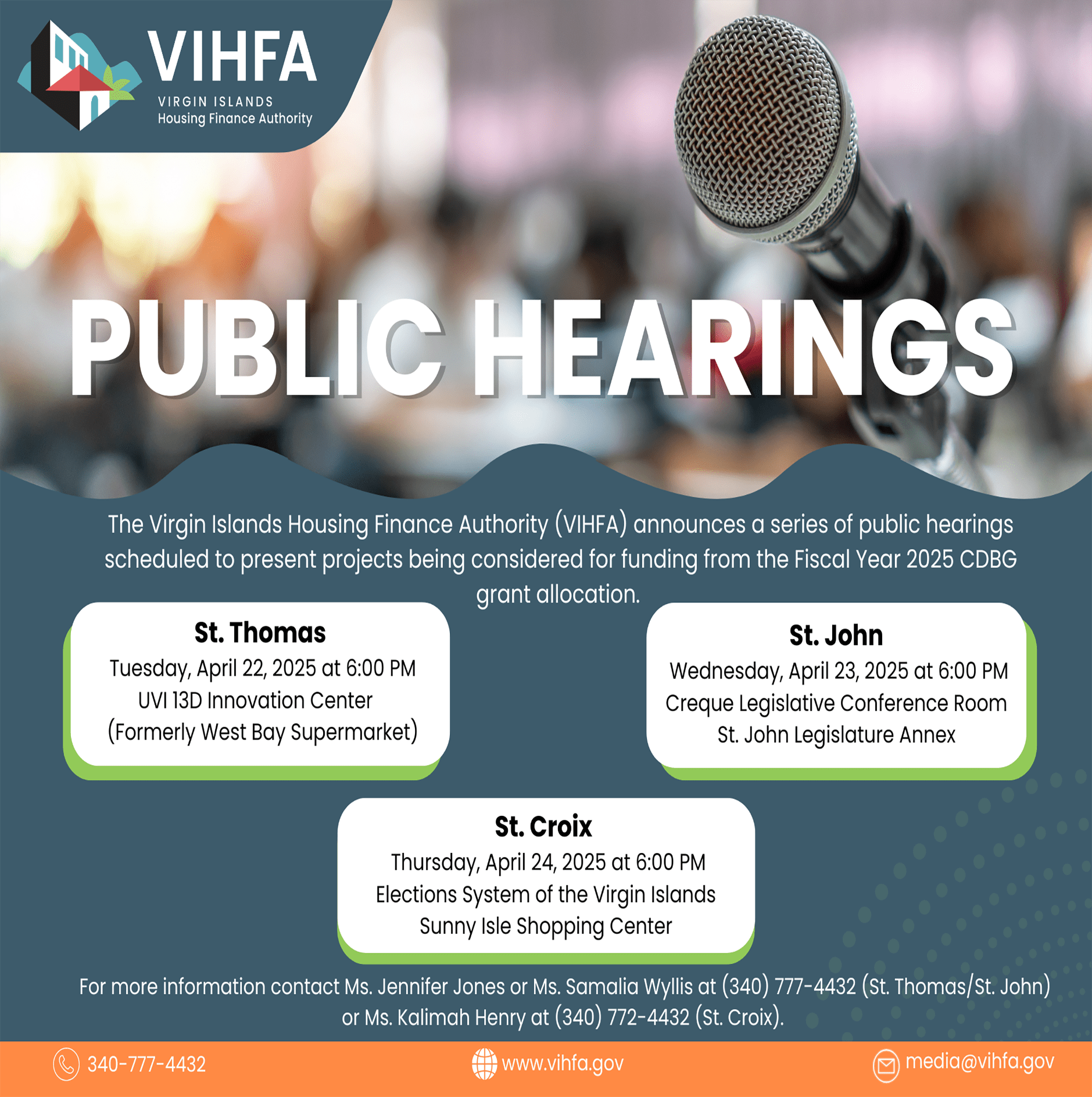
A St. Croix bicycle cop is the U.S. Virgin Islands’ second-best-paid public employee, according to government records.
Sgt. Ricky Hernandez, the Christiansted Bike Patrol commander, had a base salary of $76,055.24 in 2023. But by working overtime at a rate of up to twice his normal pay, Hernandez peddled his way into $242,107.83 in overtime for a total take-home pay of at least $318,163 before taxes — more than 4.1 times his base pay.
When employer-paid benefits and a miscellaneous “other pay” category are added, VIPD paid the veteran officer more than $387,433 in 2023, according to government records.
It was not a one-time occurrence, and he is not alone.
Nine of the 15 best paid U.S. Virgin Islands government employees are police officers, another is a corrections officer with a base pay of $51,755.58 who did more than $137,249 worth of overtime in 2023, according to the government’s Open Finance website.
Scheduling practices at the understaffed police department allow some officers to triple their salaries in overtime alone. While a glut of money goes to a few police employees, the department has 62 vacant positions, some funded at only 50 percent, according to a report from the Virgin Islands Legislature.
Acting Commissioner Mario M. Brooks acknowledged the problem at the Senate’s Committee on Budget, Finance, and Appropriations Monday and said VIPD was working to onboard new scheduling software that would minimize overtime by advising which officers had met their work quota and which had not.
“We know this is where we are failing,” Brooks said. “We do have some senior personnel in the department that have six figures in their salary and they’re doing overtime. Let’s call it what it is. These are things that we need to address. We do recognize.”
Vast overtime allotments for an officer making $45,000 a year are potentially justifiable, Brooks said. But that should change for a lieutenant or a captain who’s making $105,000 or $110,000 who works the same amount of overtime.
“The difference is, that captain or that lieutenant, that salary could pay for maybe two or three additional officers,” he said.
Despite Brook’s sentiment, almost all of the 18 police officers on the list of the territory’s 30 best-paid public employees have a base salary of less than $60,000.
Government contracts with the union Law Enforcement Supervisors’ Union, which represents senior police officials as well as the Bureau of Corrections, allow for time-and-a-half overtime past eight hours a day and double-pay for more than 48 hours a week.
If an officer worked a 40-hour week of three 12-hour shifts and one four-hour shift, they would receive 12 hours of overtime — four hours for each day they worked more than eight hours. Each hour after 48 hours would be double pay.
In response to a question from Sen. Marvin Blyden, Brooks said VIPD expended $23 million in overtime payments and so far the department had paid out $17 million in 2024 for overtime. Brooks said VIPD uses federal grants to pay overtime, which seemed to rankle Sen. Kenneth Gittens, who said how the overtime was paid was not the root of the problem.
Committee chairperson Sen. Donna Frett-Gregory said the police department needed to figure out its scheduling or submit suggested legislation to remove the eight-hour overtime rule for regularly scheduled shifts.
“We can’t expect folks to work 12-hour shifts every day,” Frett-Gregory said.
Union negotiations with the Police Benevolent Association, which represents so-called rank-and-file officers, are scheduled for the third week of November. Negotiations for the Supervisors’ Union are scheduled for the second week of December.
Representatives of the Law Enforcement Supervisors’ Union and the Virgin Islands Police Department did not respond to multiple requests to clarify what was meant by “other pay” in payroll files.
Lt. Kim Steele, for example, had a base pay of $87,711 in 2023 but collected $120,670 in overtime and $21,127 in other pay. So far in 2024, the veteran VIPD officer has been paid $62,825 in salary, $77,340 in overtime, and collected $96,397 in other pay. This puts Steele third on the list of best-paid V.I. government employees so far in 2024.
The territory’s best-paid public employee draws almost all his earnings from the other pay category. How or why Carlos Ayolo has drawn nearly $293,994 in other pay as well as $60,573 in employer-paid benefits so far in 2024 remains a mystery. But the USVI had spent $354,568 on the St. Croix environmental enforcement officer for the Department of Planning and Natural Resources, Health Department, and Licensing and Consumer Affairs Department as of July 29, according to government records. Personnel Department records online list him making nothing.
Ayolo was charged with rape, assault, and other crimes in 2019. According to an article in the Daily News, Ayolo allegedly used his service weapon to silence his victim. Charges were quietly dropped in June 2020.
Gov. Albert Bryan Jr. asked the Legislature to appropriate $74,360,767 to the Virgin Islands Police Department for fiscal year 2025. The budget breakdown is as follows: $40,662,452 for personnel, $15,151,536 for fringe benefits, $4,486,641 for supplies, $11,941,822 for other services, $2,111,316 for utilities, and $7,000 for capital outlays. VIPD would also receive $405,355 from the Peace Officers Standards and Training Fund, $3,000,000 from the Tourism Advertising Revolving Fund, and $6,716,242 from federal funds.
VIPD has long struggled with its overtime accrual. In August 2017, the department hoped to cap overtime at $4 million in fiscal year 2018, but by then in fiscal year 2017 had already expended $10.4 million in overtime. s














